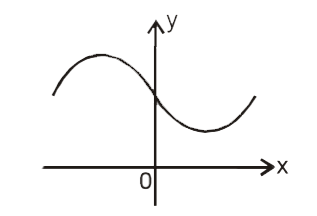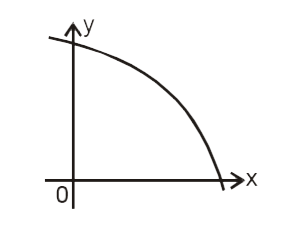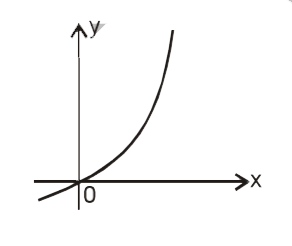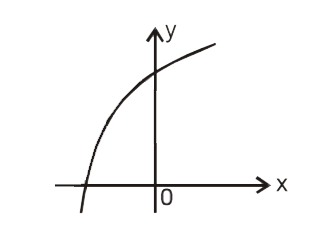A
B
C
D
Text Solution
Verified by Experts
The correct Answer is:
Topper's Solved these Questions
MONOTONOCITY
MOTION|Exercise Exercise - 2 (Level-I) ( Objective Problems ) ( FINDING INTERVALS OF MONOTONOCITY )|2 VideosMONOTONOCITY
MOTION|Exercise Exercise - 2 (Level-I) ( Objective Problems ) ( FINDING VALUE OF VARIABLE GIVEN MONOTONIC BEHAVIOUR)|3 VideosMONOTONOCITY
MOTION|Exercise Exercise - 1 ( Objective Problems ) (SECTION-G : BASED ON LMVT)|6 VideosMETHOD OF DIFFERENTIATION
MOTION|Exercise EXERCISE - 4 LEVEL -II|5 VideosPARABOLA
MOTION|Exercise EXERCISE - IV|33 Videos
Similar Questions
Explore conceptually related problems
MOTION-MONOTONOCITY-Exercise - 1 ( Objective Problems ) ( SECTION-H & I : CURVE SKETCHING, QUESTION ON FINDING NUMBER OF SOLUTION )
- The curvey y=f(x) which satisfies the condition f'(x)gt0andf''(x)lt0m ...
Text Solution
|
- Let f: Rvec be a differentiable function AAx in R . If the tangent dr...
Text Solution
|
- If f(x)= a^({a^(|x|)sgn x }),g(x)=a^([a^(|x|)sgn x] for a gt 1, a!=1...
Text Solution
|
- Given that f is a real valued differentiable function such that f(x) f...
Text Solution
|



